Will There Ever Be An End To 10 Digit Phone Numbers?
Not-so many moons ago in the mid-1990’s, overlay area codes were introduced into the US phone system. Prior to that there was no area code in the United States where the middle digit wasn’t a 0 or a 1. Whenever you see a middle-0 or middle-1 area code these days, those are carryovers from Ye Olde Bell System.
US phone numbers are laid out as area code (3 digit), prefix (3 digit), suffix (4 digit) for a total of 10 digits not including country code (+1). While it may seem we have plenty of phone numbers to go around, we really don’t.
Each suffix can only accommodate for 10,000 assignable numbers (0000 through 9999). And being there are only 1,000 prefixes (000 through 999) per area code, that means that a maximum of 10 million numbers (10,000 assignable numbers x 1,000 prefixes) can be assigned to any one area code. Once the 10 million is expired, another area code must be put in the system to get another 10 million.
Is the US in danger of one day running out of assignable phone numbers?
There are a total of 1.3 billion assignable phone numbers in the US, and of course the wireless carriers understandably have the lion’s share of them. Back in 2007 it was reported that of the numbers we have, 582 million of them are in use, but then again that’s four-year-old statistics. By now we may have passed the 600 million mark, if not exceeded it.
To answer the question directly, no, we’re not in danger of running out of numbers, however we have well less than 50% of our assignable numbers left.
If you were to look at this from a network address perspective, anything over 40% use isn’t that great of a spot to be in – especially when you have nowhere to go.
If we ever did hit the limit, what would be the fix?
Were I to guess, a 5-digit suffix, signifying the end of the 10-digit for 11-digit.
The way it would probably work is that if your phone number was 555-123-4567, this would be changed to 555-123-04567. All existing numbers would have a zero added to the front of the suffix to carry them over into the new system. New suffixes on old prefixes would be 10000 through 99999, and new suffixes on new prefixes would be 00000 through 99999..
..unless you can think of a better idea?




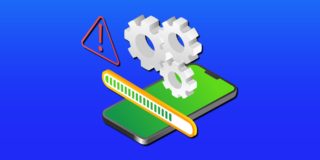



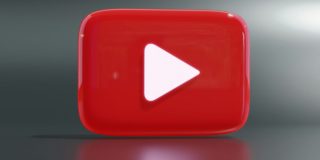

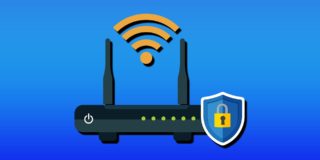

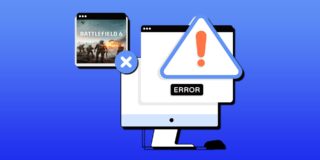
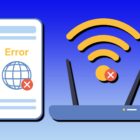
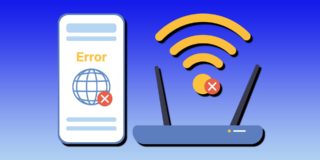


12 thoughts on “Will There Ever Be An End To 10 Digit Phone Numbers?”
But then there’s the most obvious point: The USA is not the only country that uses 1 as its country code. In other words, we share our 10 digit system with several other countries, and those area codes therefore can’t be assigned to Americans. So for example, American Samoa, with a population of 55 thousand, gets the entire 684 area code, and no matter how many open spaces there are, that area code won’t be assigned to United States customers.
All that said, if we were to somehow run out of numbers before the concept of a phone number becomes obsolete, we could simply add a digit to the exchange or area code, as was done in the UK when they ran out.
While wireless has become the dominant com source, you can bet our increasingly fried microwave airspace will adapt to not only an optional form of Communication IDs but an increasing default of future communication among people in the U.S and around the world.
http://www.cellhub.com/T-mobile-cell-phones/lg-p509-optimus-t-titanium.html
LG optimus T
Don’t believe me? 2 decimal places goes 00 through 99 which equals 100 possible numbers. Three decimal goes 000 through 999 which equals 1000 possible numbers….and so on.
The solution is to free up more ten digit numbers that would be allowed to become telephone numbers. There is no reason it is not technically possible.
Given this, we do not need to add more decimal places to a telephone number, with ten decimal places we already have ten billion numbers to choose from.
Landline numbers can be anywhere , too.Remember,”Portability” of your phone # ? That means you can keep your old number, when you change carriers, and also locations!